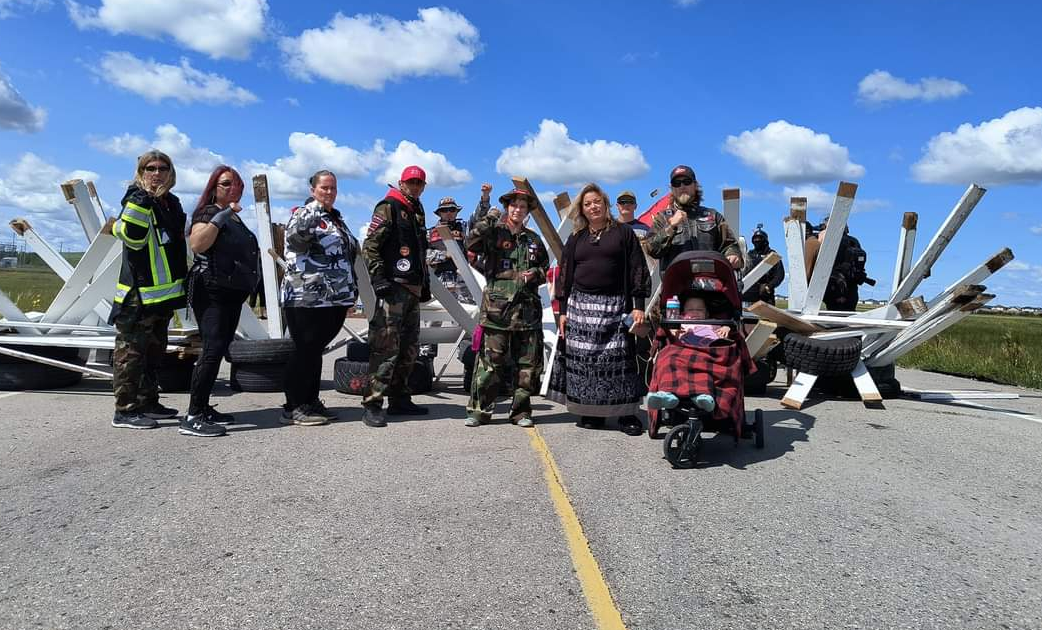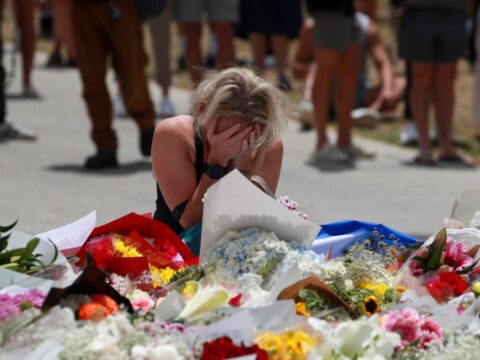“My family and all the other families deserve closure,” Cambria Harris said in a Globe and Mail article. These were heartfelt words from one of the young women at the front of the battle to bring her mom home from a Winnipeg-area landfill. Morgan Harris is one of the women believed to be in the Prairie Green landfill. Cambria Harris, her daughter, has been one of the family members fighting to bring their loved ones home. Police have said they think the remains of Marcedes Myran are also in Prairie Green. Both Indigenous women are homicide victims.
The partial remains of Rebecca Contois, another victim of the same alleged killer, were found in Winnipeg’s Brady Road landfill, and some think that those of an unnamed Indigenous woman some have named Mashkode Bizhiki’ikwe, or Buffalo Woman, are also in Prairie Green. Sue Caribou, the aunt of Tanya Nepinak, who went missing in 2011, also believes Nepinak’s remains are in the Brady landfill. This is a growing epidemic of missing and murdered Indigenous women.
You may unsubscribe from any of our newsletters at any time.
A camp named after Morgan Harris was set up next to the Brady landfill by family members in December 2022. The camp will remain until a search of the landfills is done and their loved ones brought home. In July, Heather Stefanson, the premier of Manitoba, refused to fund the search of the Prairie Green landfill, citing the cost, safety and that it may affect the court proceedings of the man accused of killing the women, Jeremy Skibicki. The cost of the search, up to $184 million, has been the main headline in the media. Stefanson also brought up the length of time a landfill search would take.
I have watched and listened to this emotional story from the beginning. I have been at the camp and got to know the family members of the murdered women. I have walked with them in numerous rallies and marches in Winnipeg. The continuous mention of the cost of the search has people opposing the idea. I think back to my cousin’s grandfather who was a World War Two veteran and came home alive to his family. I thought of all the missing people killed or missing in the previous wars. The cost of bringing them home was not mentioned in a press release by United States Secretary of Defense Lloyd J. Austin III on the 70th National Korean War Veterans Armistice Day. The press release referred to a “solemn duty to continue looking for answers,” to bring them home.
More on Broadview:
- ‘This House Is Not a Home’ tells a moving story of Indigenous dispossession
- What my friend Rev. Vivian Seegers taught me about helping, healing and finding joy amidst pain
- This is what’s missing from land acknowledgments
Another article on the Marines website, called Returning to U.S. soil, mentions a soldier brought home for burial 77 years later and the respect and closure given to the family.
The Indigenous women potentially buried in the landfills are not soldiers, but they are someone’s mother, aunt, cousin or a loved one. It hurts to read derogatory words about the women and the never-ending mention of the cost of a search. Family members like Cambria Harris deserve so much more than the negative public backlash they are receiving in the media and from the public.
The family members want closure. They want the end of a continuous road of grief they have been on and to bring their loved ones home. I think it is a solemn duty of the Manitoba government to fund the search of the landfill and bring the women home to their family members.
***
Vivian Ketchum is a writer and member of the Wauzhushk Onigum Nation. She lives in Winnipeg.














